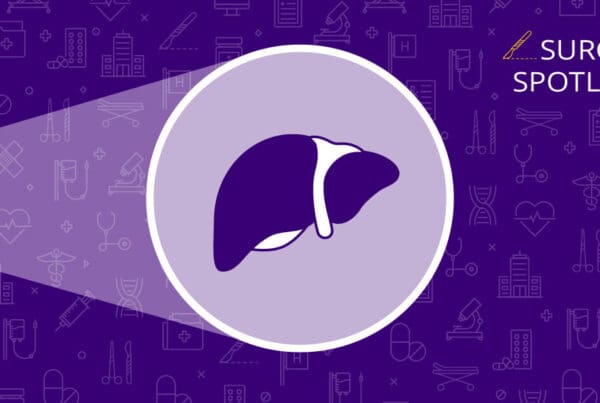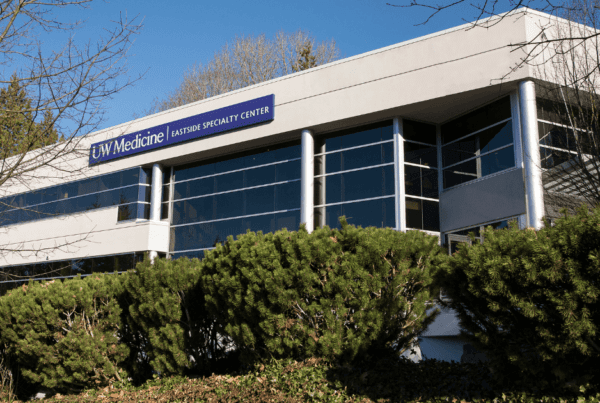The Harborview Abuse and Trauma Center, formerly called the Harborview Center for Sexual Assault and Traumatic Stress, has long been known in the Seattle area as the place to go for people who have experienced sexual assault.
But the center also offers services for children and adults who have experienced any kind of trauma, whether that’s someone who survived child abuse, violent crime or other traumas.
“A lot of sexual assault survivors have other traumatic experiences. We thought, ‘Why are we only treating one type of traumatic experience when for many people they have more than one?’” says Lucy Berliner, MSW, director for the center.
The name change, she says, better reflects the breadth of knowledge, experience and treatment abilities of the center’s providers.
History of the center
Care for survivors of rape and sexual assault began at Harborview in the early ’70s, with care for other types of trauma being added in the ’90s, Berliner says. She’s been there since the beginning.
A federal grant enabled creation of the center. It was one of the first programs of its kind in the country, and for years its providers have served as pioneers in the field. They partner with Seattle Children’s to offer services for children who have been abused. Providers also conduct comprehensive evaluations for child welfare on how to get kids safely back with their family or in a new permanent home. They serve as an expert resource and regularly train and consult with other medical and therapy providers across the state.
Since the early 2000s, the center has operated a sexual assault nurse examiner program. SANE nurses are specially trained to care for sexual assault survivors and are on-call to go to different King County hospitals where survivors show up seeking help.
Currently, all UW Medicine hospitals — Harborview Medical Center, Valley Medical Center and both UW Medical Center campuses — along with Seattle Children’s, Swedish and Virginia Mason participate in the SANE program.
“It’s one of the two best things that have happened since we began in the field,” Berliner says.
Trauma-specific care
The second-best addition to the center, in Berliner’s opinion? The trauma-specific care and evidence-based trauma-focused therapies for both children and adults that all the providers are trained to offer.
Trauma-specific care was a novelty when the center first opened, which meant the providers ended up learning a lot from patients. That learning resulted in a model of care developed to meet the particular needs — both in terms of physical and mental health — of people who have experienced trauma.
“Serendipitously we were in this position to learn from the patients and go from there to evolve what has now become a standardized response,” Berliner says.
There are many reasons why survivors need tailored care. Reassurance that they are physically healthy is paramount for sexual assault survivors, as is being treated by a provider who validates and believes them. Some people request collection of medical evidence for legal purposes. And since some people go on to develop posttraumatic stress disorder (PTSD), factoring in potential longer-term care is also vital.
“When we started at the center, there wasn’t a diagnosis of PTSD. It came about in the 80s and was due to advocacy on behalf of rape victims and veterans,” Berliner says.
Now, she says, the center has reached a point where all of their interventions are well-established by science and work well to help patients recover.
What the future holds
A name change may seem small, but it’s one step in never-ending work of making the care experience a little easier and a little more direct for trauma survivors — which has always been, and always will be, the center’s goal.
For Berliner, the name change comes with another, more bittersweet change: at the end of February 2020, Berliner will step down as director and partially retire, though she will still be involved with a few projects at the center.
In reflecting on her career and witnessing the center’s transformation, Berliner says one thing has stayed the same: she always gets asked whether or not it’s hard to do her job. Her answer, too, has never changed.
“That has never been that hard for me. Why? Because survivors of traumas are the most inspiring, amazing people you can ever meet,” she says. “Everyone has experienced something horrible but is trying to help themselves through an experience they didn’t deserve that has made their life harder. I’ve seen unbelievable courage and strength.”


